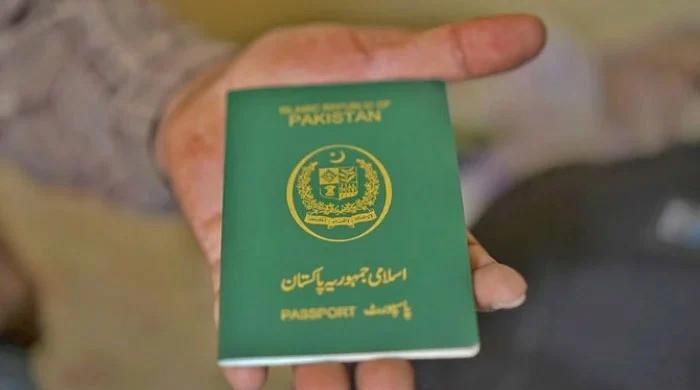Senate Committee Uncovers Fake Pakistani Passports Held by Afghan Nationals
The Senate Committee on Interior and Narcotics was informed on Thursday that Saudi Arabian officials had identified 1,296 individuals carrying counterfeit Pakistani passports, later determined to be Afghan citizens.
Senator Faisal Saleem Rehman, presiding over the session at Parliament House, instructed the National Database and Registration Authority (Nadra) to present a comprehensive report at the next committee meeting. This report should detail the actions taken against personnel implicated in the issuance of fraudulent documents and manipulation of the national database.
The Senate standing committee convened under the guidance of Senator Rehman.
During the assembly, Senator Irfan Siddiqui inquired about the number of passports issued in the past five years that did not belong to Pakistani citizens. DG Passport Mustafa Jamal Qazi reported that a total of 1,296 individuals with fraudulent Pakistani passports were subsequently identified as Afghan nationals.
“In addition to these, 45 further cases have emerged,” he stated. The DG Passports noted that these individuals have reportedly been deported back to Afghanistan. He also mentioned that “Among those penalized for producing fake passports, 35 are assistant directors.”
Furthermore, it was revealed that thousands of illegitimate Pakistani passports were created, predominantly originating from KP and areas around Gujranwala and Gujarat. “We lack data for approximately 4,500 passports, while 3,000 were fabricated through photo-swapping, and 6,000 were created by breaching Nadra’s data. These 12,000 holders of counterfeit passports are currently not within Pakistan.”
The committee also addressed potential revisions concerning the expiration of CNICs. Nadra’s chief operating officer clarified that, according to established regulations, every CNIC needs to be renewed every decade.
During the session, the chairman brought up the problem of unrelated people being added to the family trees of legitimate CNIC holders.
To combat this type of deception, Nadra has implemented a new procedure that requires physical verification of the applicant’s blood relatives, as well as biometric data collection from the family member.



Comments (0)
No comments yet. Be the first to comment!
Leave a Comment